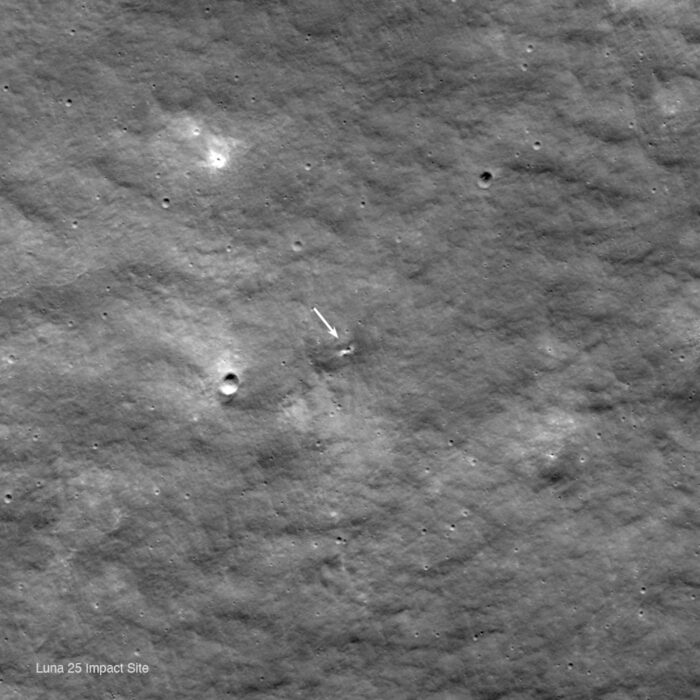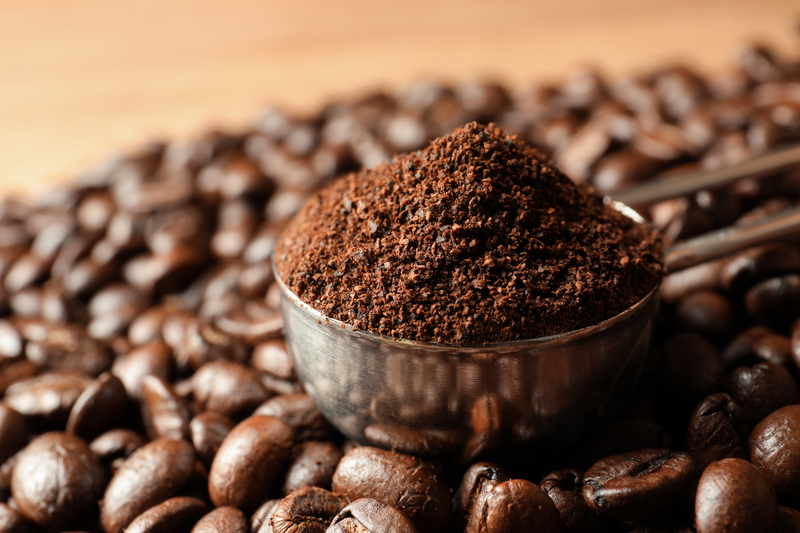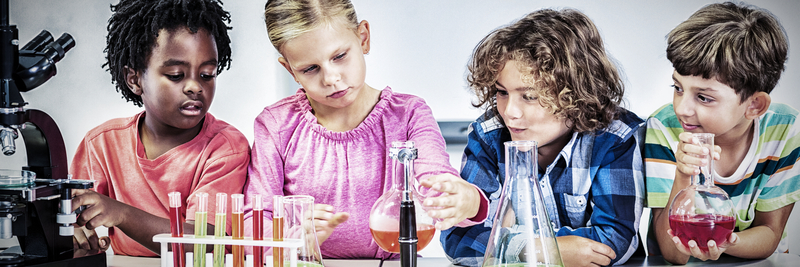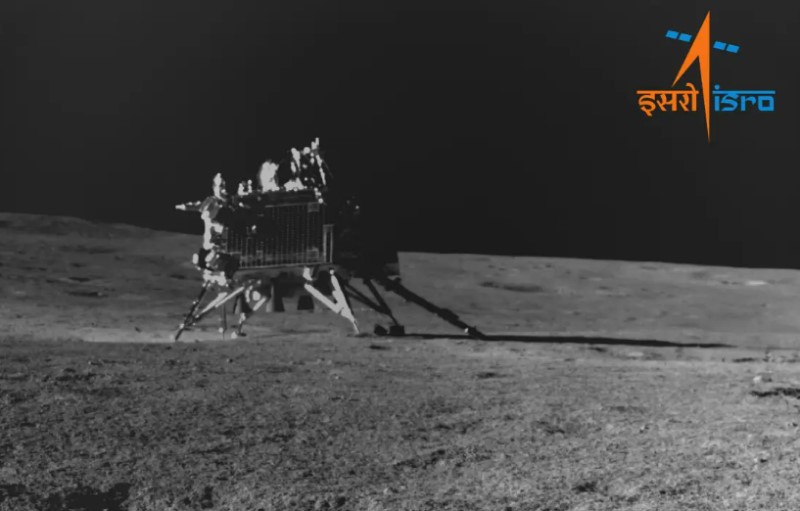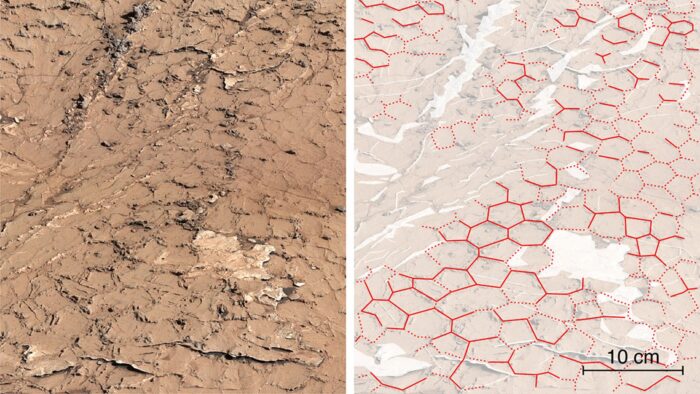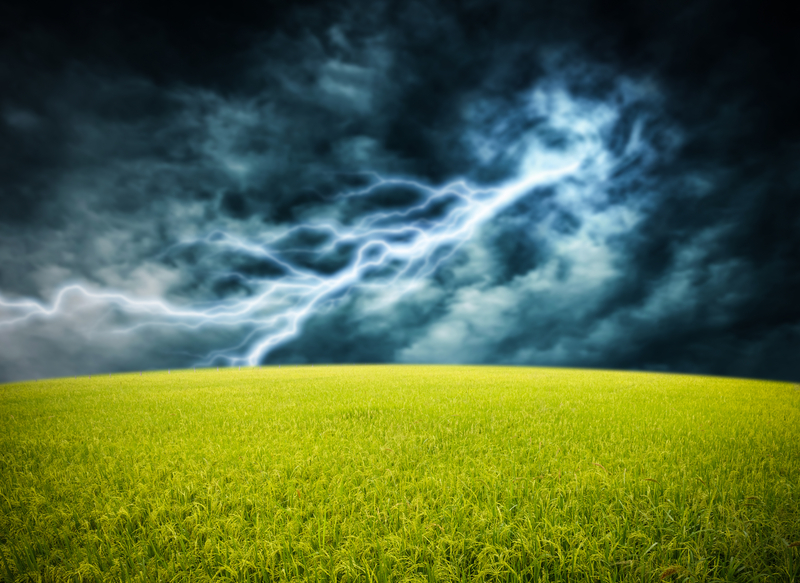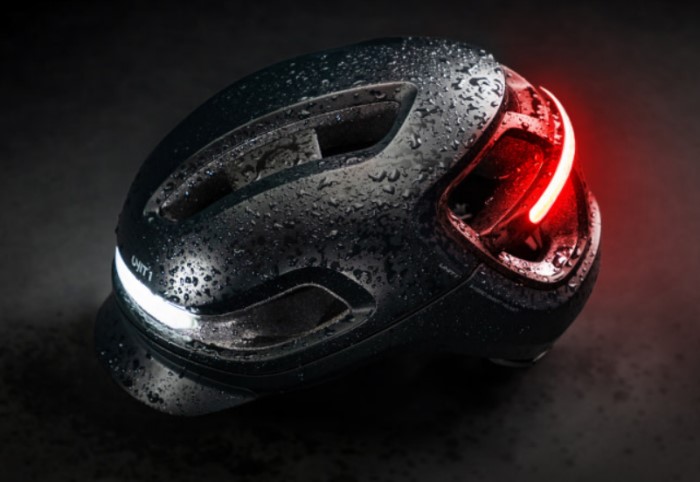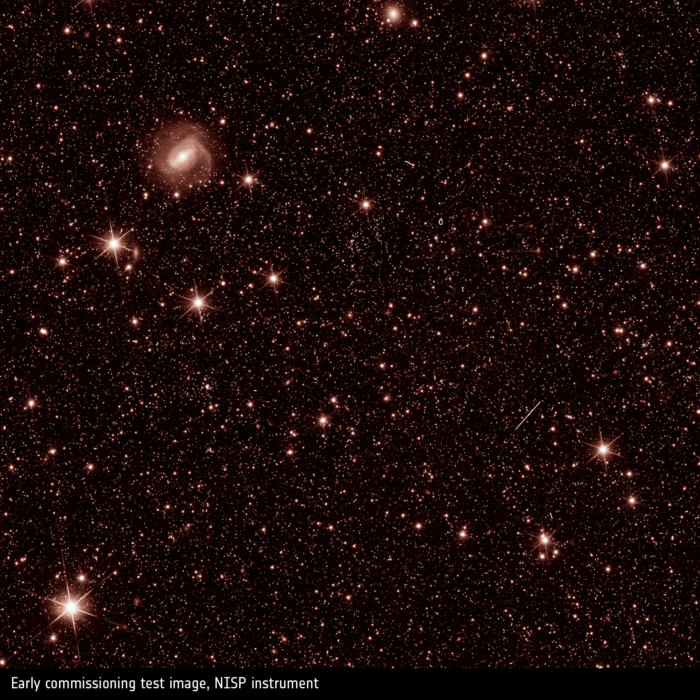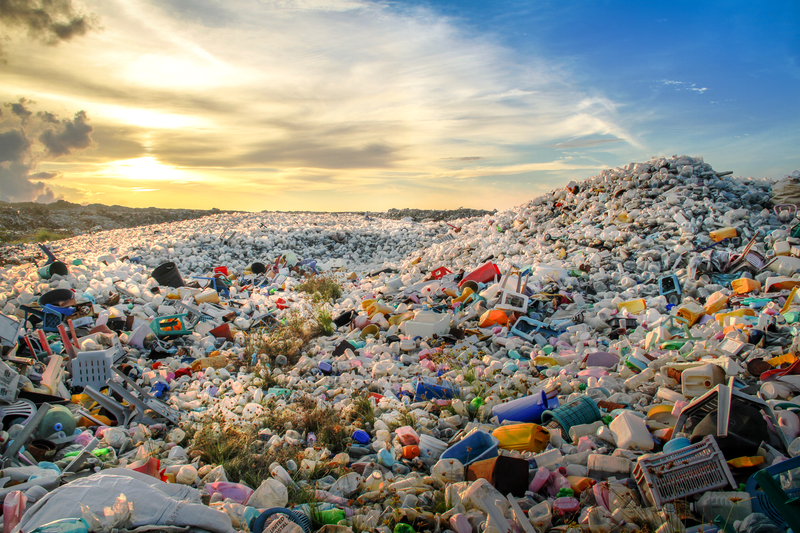When plastics first became popular in the 1950s, everything about them seemed easy.
They were easy to make. Easy to form into different shapes. Easy to carry because they were so lightweight. And since they were cheap, easy to pay for, too.
Or so we thought.
Today, if you had to pick one word to sum up plastics, it would be the opposite of easy.
Difficult.
Difficult to stop using, because we're so used to them. Difficult to replace, because they're so cheap and easily customized. And, above all, difficult (and expensive) to recycle and break down. And that's when we actually manage to get the plastic to recycling plants, instead of to landfills or being thrown out in nature.
But a newly discovered enzyme—studied by researchers at the University of Leipzig in Germany—has put the 'easy' into breaking down plastic. Called PHL7, this remarkable microbe can 'munch' through 90% of a plastic container in just 16 hours. Incredible!
What is an enzyme?
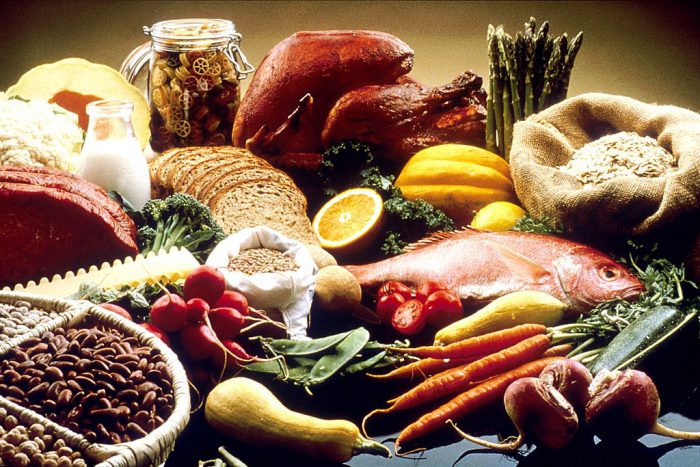
Foods give use energy and nutrients, but we couldn't get any of those things out of them without the help of enzymes. (Wikimedia Commons)
An enzyme is a protein (complex molecule) that acts as a catalyst for chemical reactions. A catalyst is like a kickstarter to a reaction. You can think of it as a match lighting fuel to start a fire.
We use enzymes all the time in our own body to changes the foods we eat into things our body needs. For example, lipase breaks down fats into fatty acids, while protease changes proteins into amino acids. Without these—and many more—enzymes, we would not survive. Nor would any other living thing.
Enzymes rule!
This enzyme loves plastic
Scientists have long hoped to find an enzyme that could break down plastics quickly. And they've even discovered a few. One, called LLC, was found in 2016 at recycling plant in Japan. This microbe had actually evolved to eat the plastic in its habitat. But PHL7 (or polyester hydrolase 7) is twice as fast as LLC—it was also found in a natural environment, in this case, a compost at a cemetery in Germany.
According to the researchers at Leipzig, it can get through most PET plastics in under a day. Known as polyethylene terephthalate (or polyester), PET plastics are used for most of our food packaging, such as berry or salad containers and bottles. PHL7 can munch through many of these with ease (though currently, more complex plastics used in some containers give it trouble).
The end result can then be turned into brand new plastics, helping to speed along the recycling process.
Plastic game changer
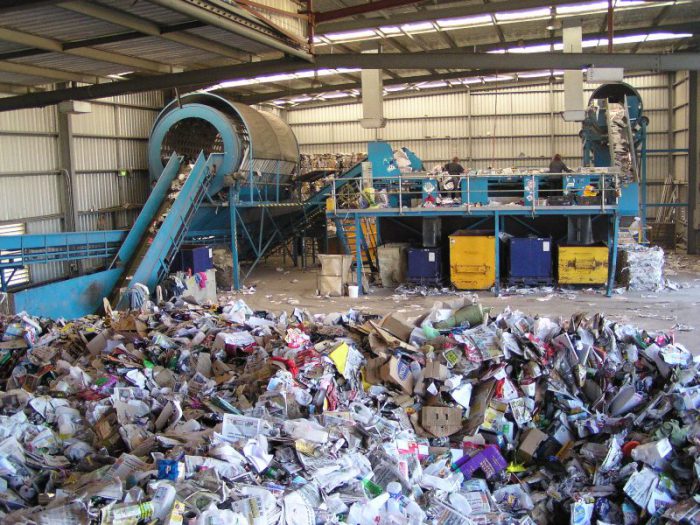
Though recycling plants are important and useful, they currently still require immense amounts of energy and create other kinds of waste. (Wikimedia Commons)
Even though it's not perfect, the possibilities for change are huge.
Currently, plastic recycling plants use a lot of energy and petrochemicals to do their job. So even though we can technically can recycle plastic on a large scale, it is still a process that creates greenhouse gases and uses nasty chemicals.
But an enzyme like PHL7 could do the job in a more natural manner. No need for high energy procedures or harmful byproducts. It would be a real revolution!
For now, researchers are continuing to study the enzyme to see how it might be used one day to change how we recycle.
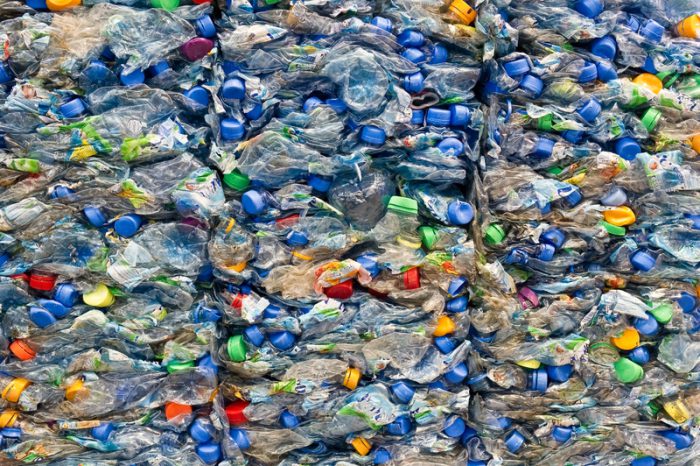 Plastic bottles crushed and ready for recycling. (ID 16766277 © Alterfalter | Dreamstime.com)
Plastic bottles crushed and ready for recycling. (ID 16766277 © Alterfalter | Dreamstime.com)

